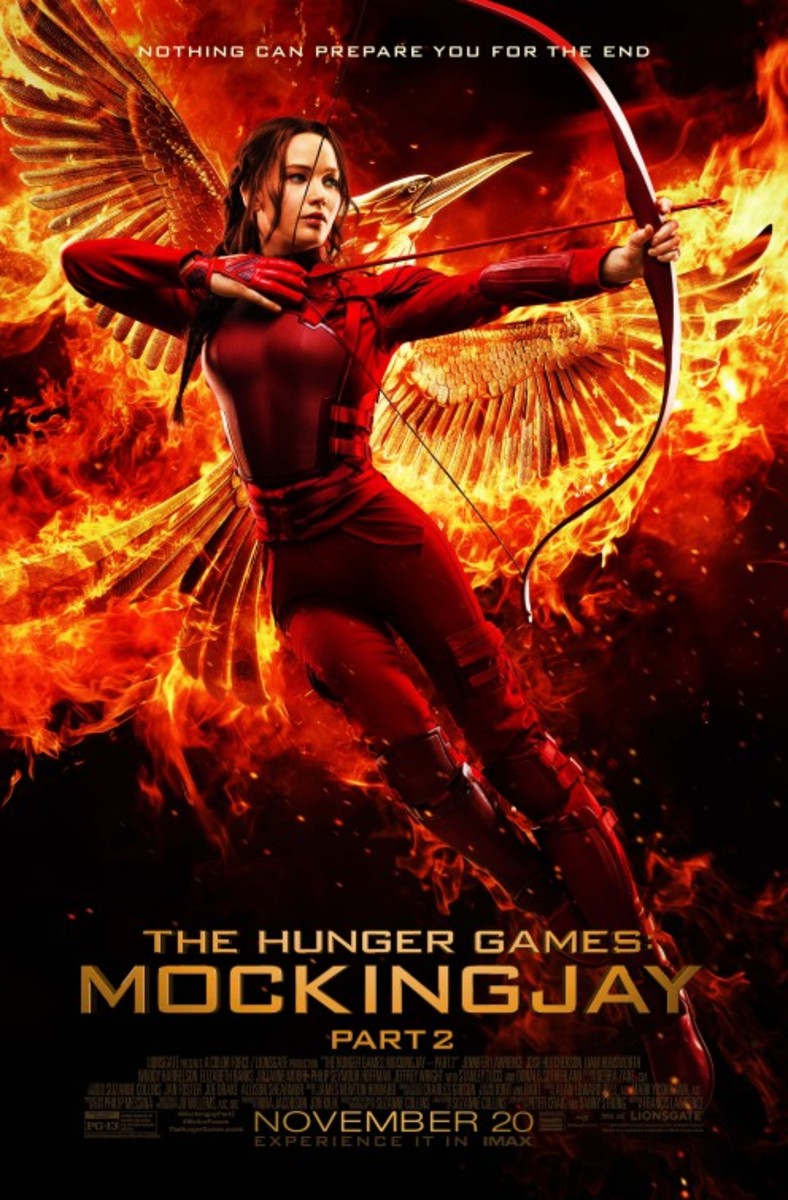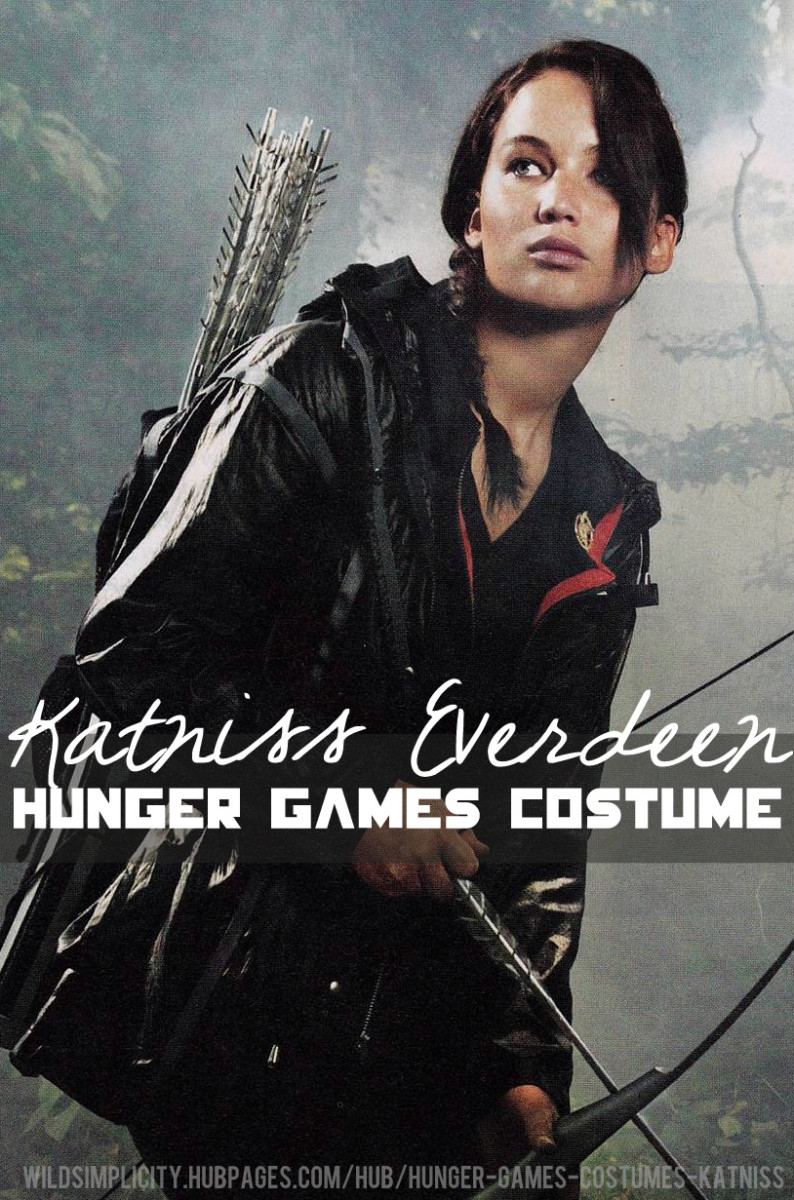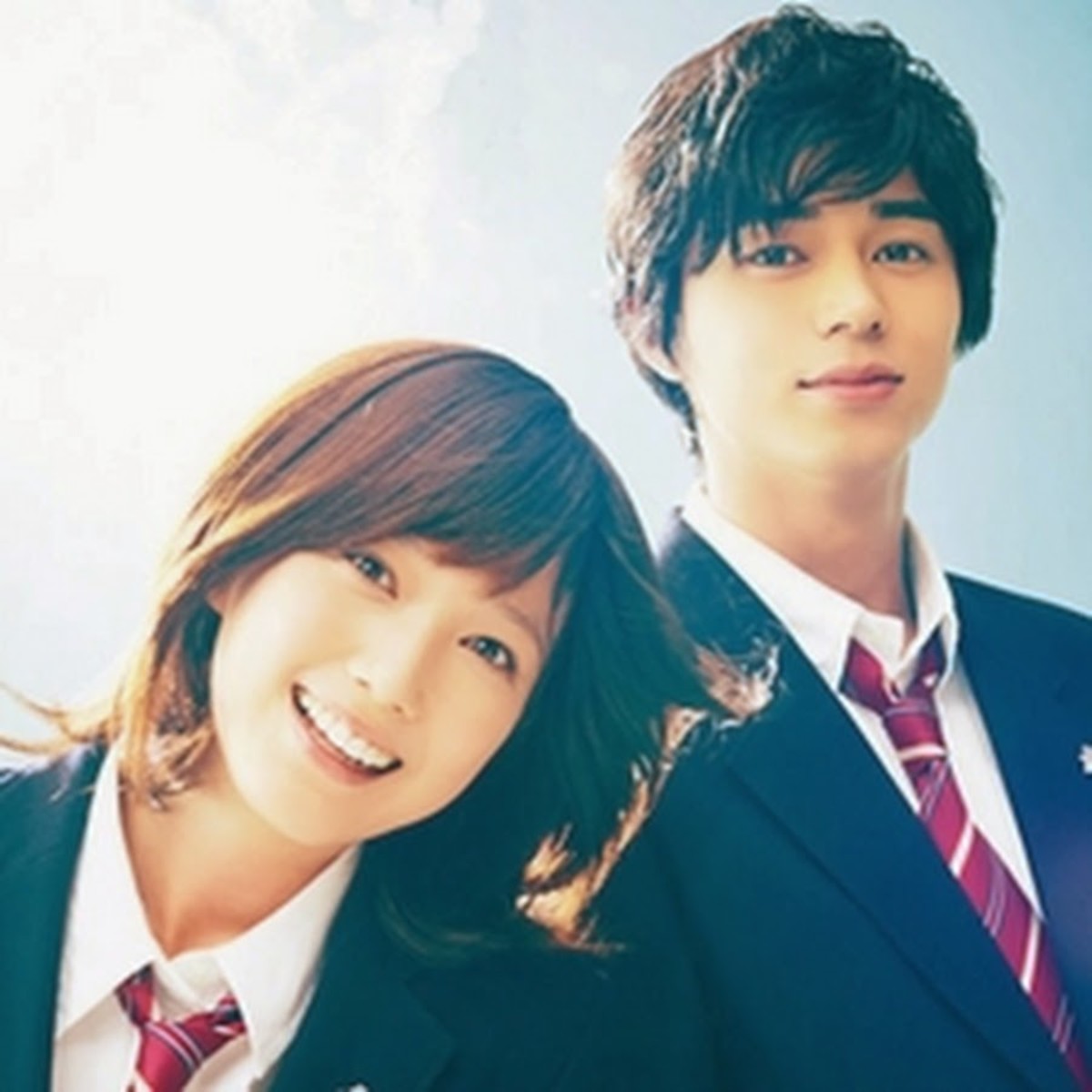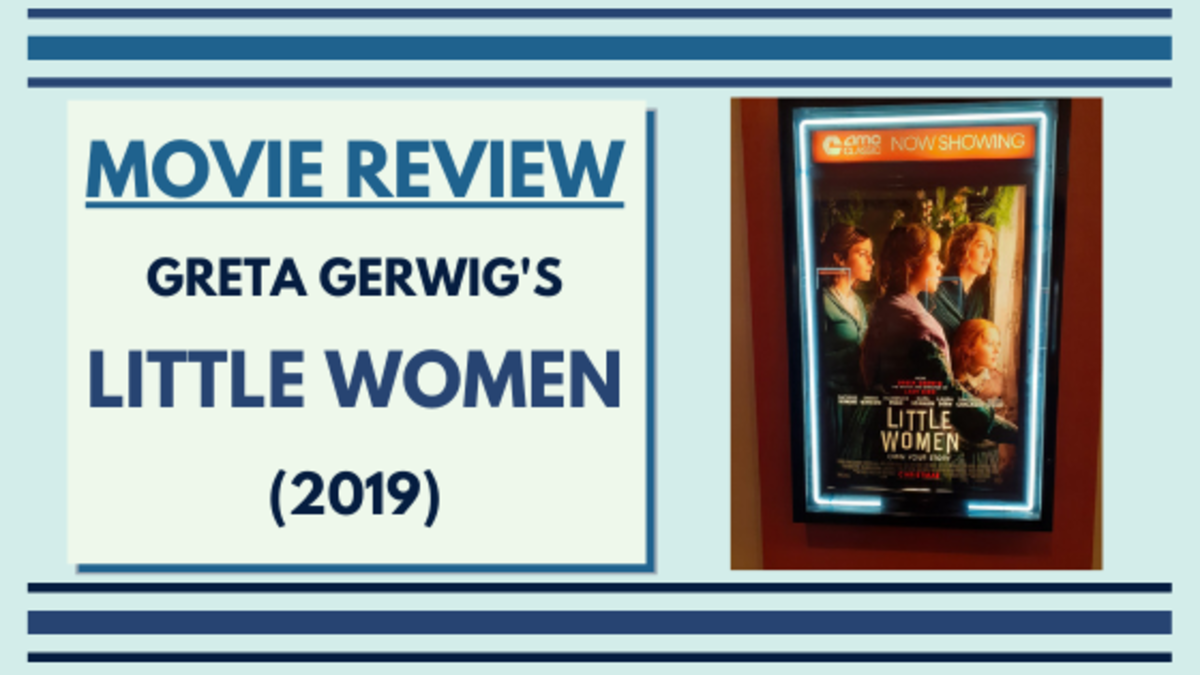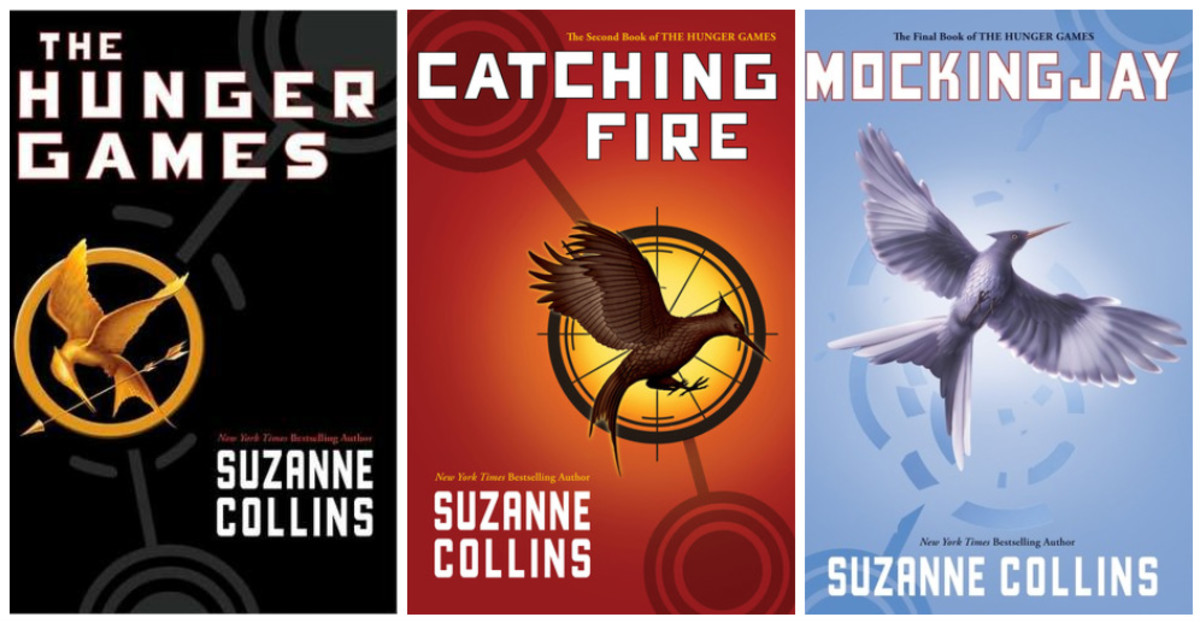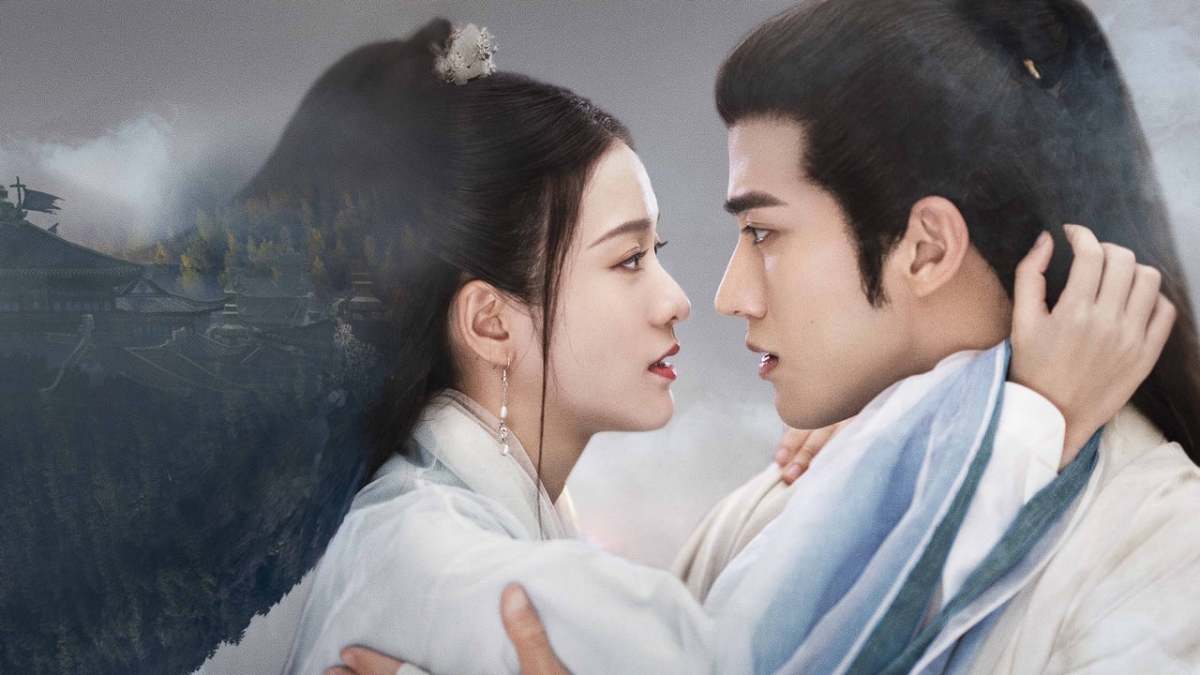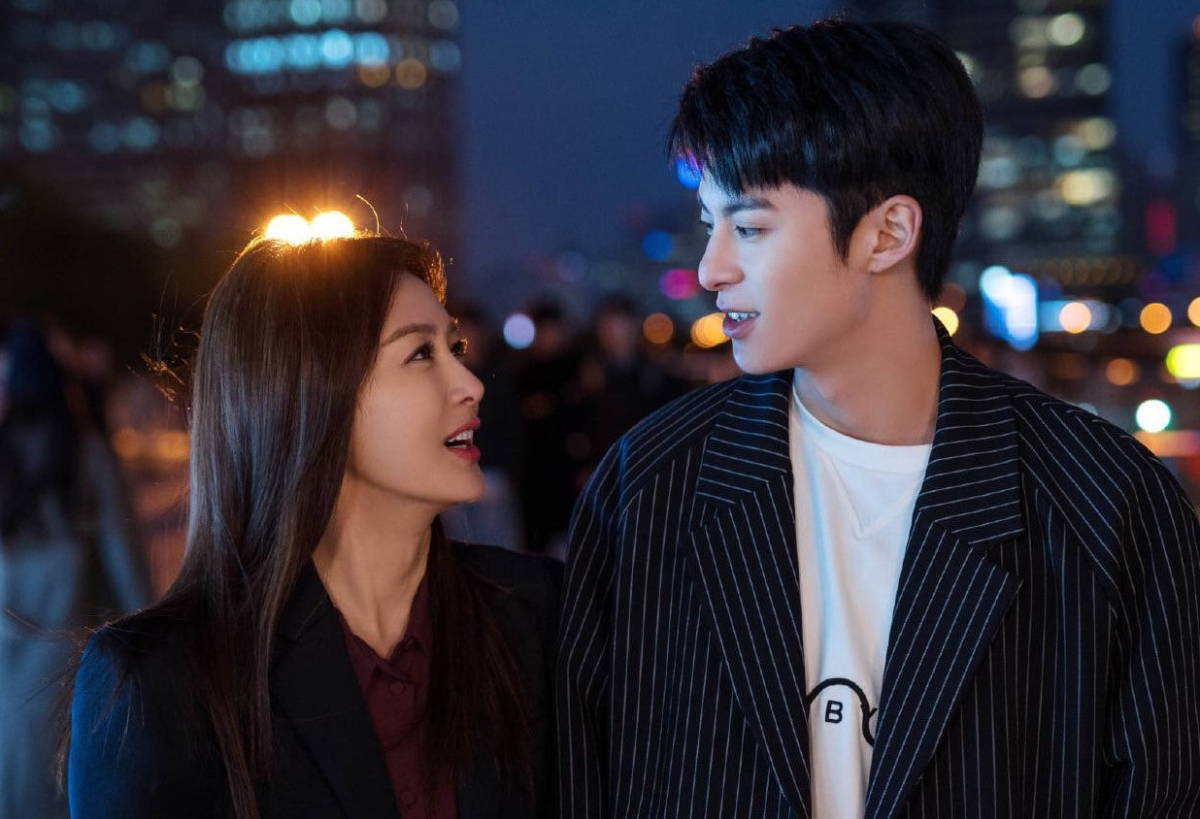Page to Screen: The Hunger Games: Mockingjay Part 2
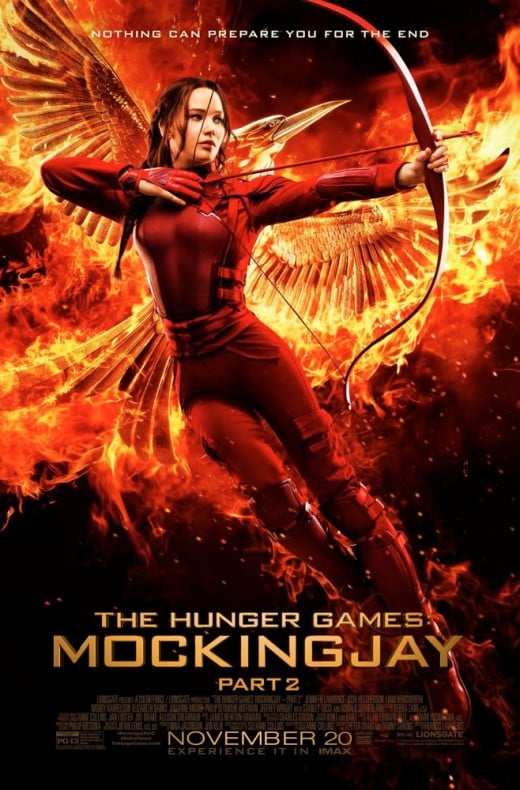
The Film
Taking up only a little bit of time after the last film (Mockingjay Part 1) ended, a span long enough for Katniss to begin healing from her strangling attempt by Peeta. This adaptation is heavily focused on the last military actions of the third book, dealing with the last presence of the Capitol outside the city (in District 2) and finally the final assault of the city itself. It continues the trend of being largely faithful to its source material while carrying out the habits of previous Hunger Games films.
Also, since this film is taking up the last half of the book Mockingjay, it tastes much more of action whereas its predecessor had extremely little.
The Novel
Suzanne Collin's third book from The Hunger Games series, following The Hunger Games and Catching Fire, was released in 2010. It continues the story following Katniss Everdeen, one the two winners of the 74th Hunger Game as well as one of the tributes rescued during the 75th Game. The structure of the District and Capitol life is over as revolutions are beginning all over Panem as fighting occurs in isolated districts. Katniss was rescued only to be used as a symbol of the resistance which begins a new struggle with a different power. Worst of all is Peeta, her potential love interest and other winner of the 74th Hunger Game, has been captured by the Capitol and is being used in propaganda. It all comes down to a head when civil war finally breaks.

The Adaptation
POV
Like previous Hunger Games works, this film continues to deviate from the book's limited first person perspective behind Katniss's eyes. This is good, because it'd be a bit jarring to change that. That being said, this alteration might be the weakest in this adaptation. Previous films gave the reader more of the world in motion by showing us Coin and people in Districts watching her in the Games. This film really doesn't add much. We know that Snow is sick and the five second conversation between Plutarch and Coin is small and insignificant. We lose a lot of Katniss's internal dialogue with little trade-off. However, I can't say it's overall a negative, since it's at times difficult to have a character self-narrate things going on, especially with how much action the writers attempted to cram this film with.
Peeta's Friend for Rehabilitation
In the books, Peeta has a friend visit him after he's brainwashed. In the film, it's Prim which makes more sense for the audience to have an emotional connection to both characters instead of introducing a single character for ten seconds.
Katniss loses her spleen/ Why Johanna is so 'sour'
After getting shot, Katniss ends up losing her spleen in the books. This allows her much more quality time with Johanna, training together and becoming arguably friends. This also informs the readers why Johanna acts the way she does; similar to Finnick, Snow tried to pawn her off as something as a sex toy or prostitute. When Johanna refused, Snow killed literally everyone she loved or cared about, leaving her only with hate. It makes a lot more sense when she vouches for a Hunger Games with Capitol children instead of just being written off as a psychopath.
Peeta has more time to rehabilitate
Peeta makes cakes and things in the book, showing that he's coming back to the real world before being shoved into the war. It helps us see that he's progressing to beat his brainwashing, rather than the 'time passed, he got better' ending we receive in the film.
The Trial Becomes Plutarch's Letter
Katniss is actually put to trial after murdering Coin, but this is probably changed due to Phillip Seymour Hoffman's death and it changes to a letter written by Plutarch.
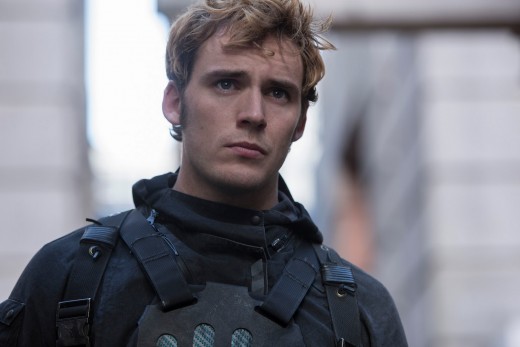
A Film of Action, Not Development
It is the final conclusion to the Hunger Games and all, but this film really seemed to lack development for a good majority of its characters. Action is much more highly prized than finding out more about super angry Johanna and her super dark past, or showing Peeta becoming steps in recovery while still in District 13 (both which are elaborated on up above).
That being said, there are a lot of mistakes (in my opinion) that are made in the film that were already made in the books. President Coin was never really a convincing villain. After being abruptly introduced towards the beginning of Mockingjay, she's cold, emotionless, and lacks any real flavor besides a necessary plot character, a leader for the Rebellion against Snow (which is probably why both of their names have four letters and are simply words). Two times characters mention that Coin is a bit ruthless but honestly it's war (and the Hunger Games in a way) so everyone is a bit ruthless, even normally very placid Peeta. To me, the proposed Capitol Hunger Games never made sense except to force Coin's character into a more evil light, which is a bit lame.
Also was the reasoning for the 'second bomb.' It's a sound strategy, ruthless, sure but it works. However, the way they used it doesn't make sense in either work. The Capitol was literally gathering all its civilians into one place. Why would Coin, or really anyone bomb a huge gathering of civilians when you have your opponent bunkered down in a hopeless situation? I kinda hoped since the film abandoned the limited POV to explain this needlessly masochistic attack but was disappointed. While you can say this proved Coin was a bad person, there's no rhyme or reason for it, especially when such an action would drastically hurt her popularity polls when becoming the new President.
Why am I complaining that an adaptation stayed true to the source material? Because I believe some adaptations can improve upon the source material. Having some kind of reason would have went miles for me. Instead, I'm stuck with the same dissatisfied ending I had when I first read the book.
Closing Thoughts
It's really not a bad movie, or even a bad adaptation. The Hunger Games has a really good track record. Maybe it's because I didn't like the source material I'm disappointed with the film, but then again I didn't like the second book but its adaptation is my favorite of the series. This adaptation simply plays it safe rather than trying to improve on its source material. I wanted answers when I first received none and I shall go on without being fulfilled. Then again, it is just a book series, one that I enjoyed but I can't say I'm overly eager to watch or read this material in the near future.
Book vs. Movie
For those of you who read the book and watched the movie, what did you prefer?
Further Reading
There's also a commentary for the first adaptation, The Hunger Games, as well as the second entry in the series, Catching Fire. Oh, and if you wanted to, check out Part 1 or a review of the film on its own merits.
Also, you can read more Page to Screen adaptation commentaries if you click here.

